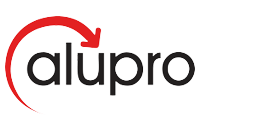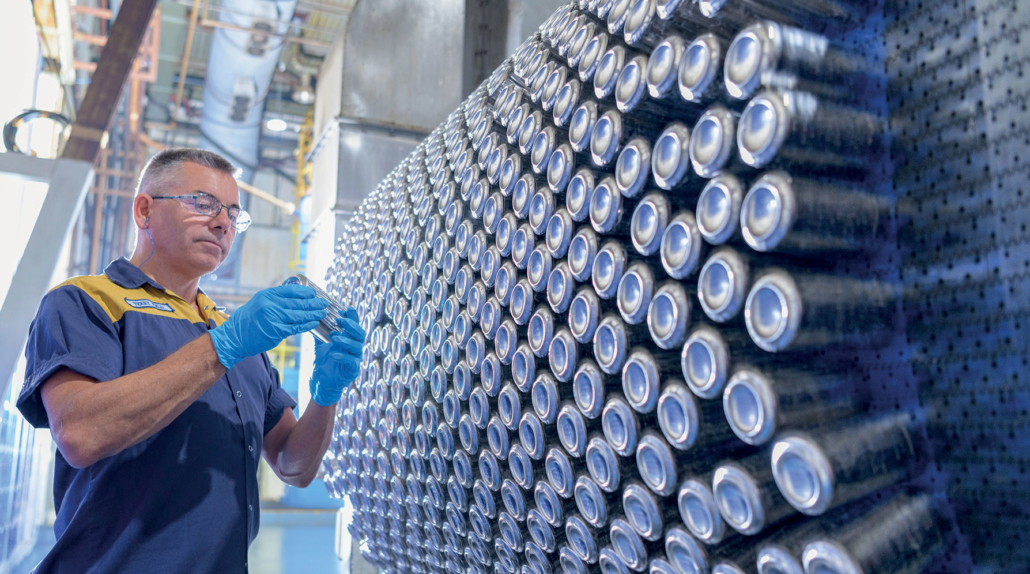In 2022, Alupro launched our manifesto which clearly laid out the support that the UK aluminium packaging industry needs to maximise its contribution to a sustainable future.
This year, we look at the progress that’s been made against these asks over the last two years.
1
OUR 2022 MANIFESTO ASK
There must be consistency of local authority kerbside collections to ensure that all recyclable aluminium packaging is collected for recycling.
STATUS JANUARY 2024
It is positive to see that the Simpler Recycling policy includes all aluminium packaging items. However, it is important that the quality of collected materials is also improved and it is not clear how the preference for co-mingled collected system will help to improve quality by reducing contamination.
2
OUR 2022 MANIFESTO ASK
Local authorities and responsible parties must put in place ambitious on-the-go recycling and collection infrastructure that vastly increases the collection of recyclable materials when consumed away-from-home.
STATUS JANUARY 2024
On-the-go collection and recycling services do not receive support from the current policy proposals. Governments should incentivise local authorities and other responsible parties to work with partners on public communication and behaviour change campaigns to improve recycling rates and reduce litter.
3
OUR 2022 MANIFESTO ASK
Authorities and responsible parties must collaborate with industry to deliver consistent communications campaigns. This should include clear on-pack labelling which highlights the recyclable nature of all aluminium.
STATUS JANUARY 2024
We welcome the development of a binary labelling system that will mandate the communication of either “recycle” or “do not recycle” to consumers. This will help considerably in reducing consumer confusion around recyclability which is currently a substantial barrier to consumer behaviour change. It is positive to see support for consistent communications across local authorities. We are eager to see updated proposals for how the EPR Scheme Administrator will work with material organisations and consumer communications experts, such as MetalMatters and Every Can Counts, to leverage existing successful models on a national scale.
4
OUR 2022 MANIFESTO ASK
The Government and responsible parties must implement a well-designed Deposit Return Scheme (DRS) for the UK that promotes collection of at least 90% of all drink containers including aluminium cans, with a variable deposit fee depending on container size to prevent unintended environmental consequences.
a. The deposit rate should be variable depending on the container size to mitigate the risk of people reaching for larger plastic bottles to avoid paying multiple deposits on smaller endlessly recyclable items such as aluminium cans in multipacks.
b. It should facilitate ‘closed-loop’ recycling of collected containers, to ensure they are sold to recyclers in a fair and transparent market.
c. It must recognise the role aluminium’s high value plays in funding the collection of aluminium cans in a DRS and use this to offset the costs for obligated can-using businesses only.
STATUS JANUARY 2024
Following, the government’s most recent updates regarding Deposit Return Schemes, Alupro highlighted the significant industry concerns around the reduction of material scope in England and Northern Ireland to exclude glass. A DRS must operate within a fair and transparent market to be a success.
UK Deposit Return Schemes must work to reduce market distortion by ensuring that any beverage containers not captured within a DRS are subject to equally stringent collection and recycling targets (90%) to be achieved at the same pace as those containers which are in-scope.
A significant amount of detail around the practicality and success of DRS in the UK is dependent on the successful appointment and management of a deposit management organisation, it is of utmost importance that any future schemes do not fail prior to launch as was witnessed in Scotland in 2023.
5
OUR 2022 MANIFESTO ASK
The Government and responsible parties must implement a well-designed and cost-effective Extended Producer Responsibility (EPR) system, with varying fees for producers to recognise and incentivise use of the most sustainable materials like aluminium.
a. It should encourage the ‘closed-loop’ recycling of packaging that plays a crucial role in delivering products safely and preventing waste.
b. It should enable accurate reporting of recycling rates by assessing packaging based on its dominant material to help Government, local authorities and industry track progress against targets.
STATUS JANUARY 2024
DEFRA have made progress on the development of the reporting framework and timeline for EPR, however producer confusion is incredibly high,
which reduces industry confidence in the first year of data to be submitted in 2024. It is also unclear how and when this data will be published, and how it can be linked with improved local authority data publications to establish accurate recycling rates.
Developments are ongoing on the use and distribution of EPR funds, however there are overarching concerns around the stringency available to the Scheme Administrator related to how it balances and pays local authority costs. In particular, plans to ensure local authorities are paid 80% of their costs for handling packaging waste, with no commensurate performance improvement incentive to increase recycling rates, are concerning.
Material specific base fees and the implications of modulation are not yet published. These are critical to understand the true costs of the policy to industry. The development of a modulation Recyclability Assessment Methodology (RAM) Tool is ongoing, and once this is available, it will allow producers to determine the likely modulation criteria to be applied to the packaging that they handle.
There are concerns that the RAM development is currently overly complicated and may not give a fair representation of recyclable materials such as aluminium.
6
OUR 2022 MANIFESTO ASK
The Government and responsible parties must support innovation, investment of infrastructure and deployment of proven technologies that facilitate the widespread recycling of packaging, thus ensuring that all recyclable aluminium can be recovered and able to deliver highly skilled green jobs.
STATUS JANUARY 2024
There is limited sector-specific innovation support for the aluminium industry.
Government should support the aluminium industry with a dedicated, simple-to-access funding framework to help the transition to a low-carbon economy facilitated by sustainable aluminium.
7
OUR 2022 MANIFESTO ASK
Energy From Waste is an important process in waste management and the recovery of valuable metals from Incinerator Bottom Ash (IBA) ensures permanent materials such as aluminium are retained in the circular economy. The recovery of aluminium from IBA should be recognised as a key element of the recycling process and be accounted for when calculating recycling rates.
STATUS JANUARY 2024
There are no significant changes proposed by the government.


